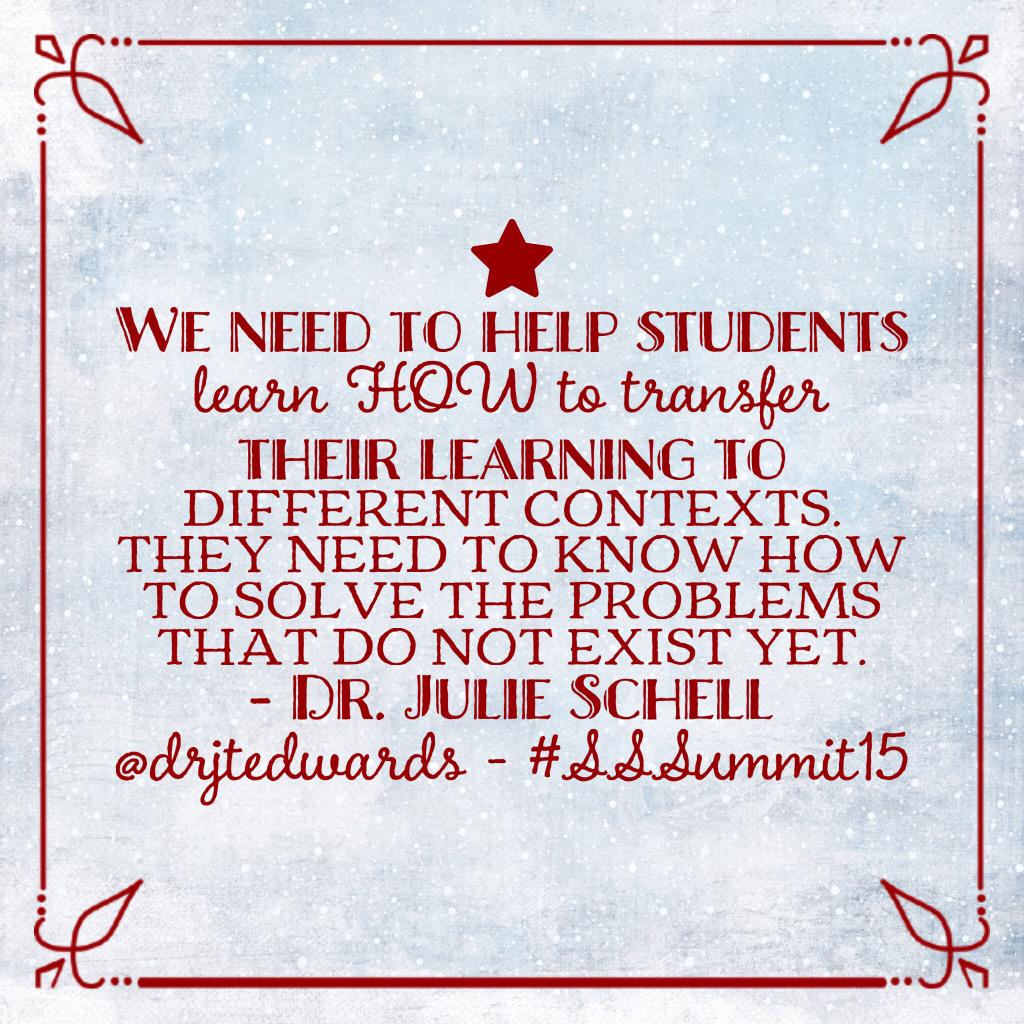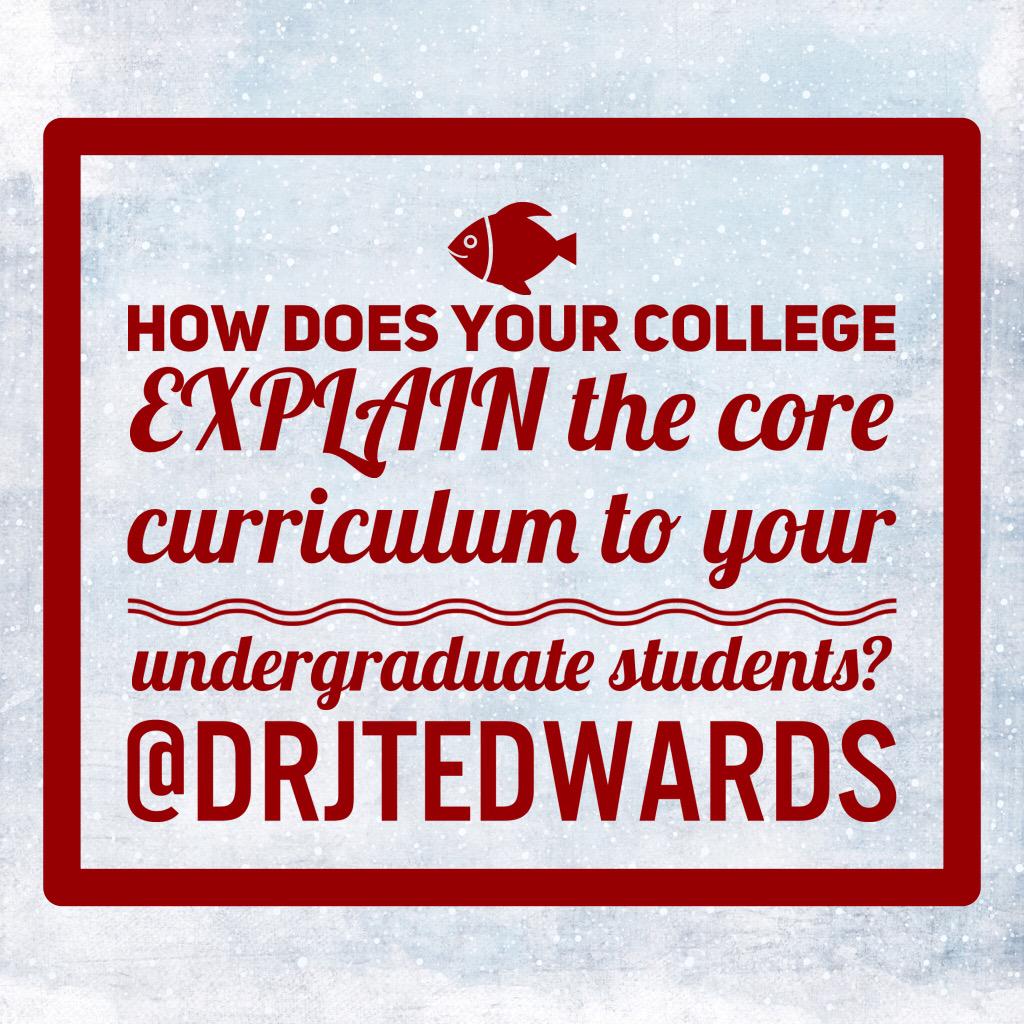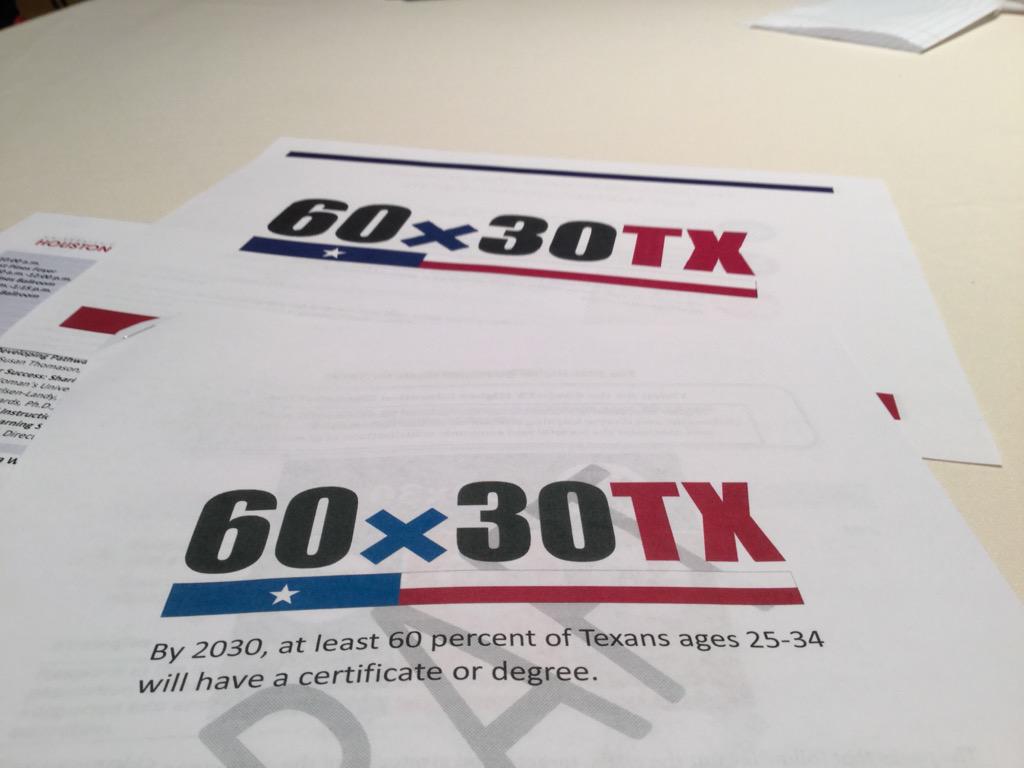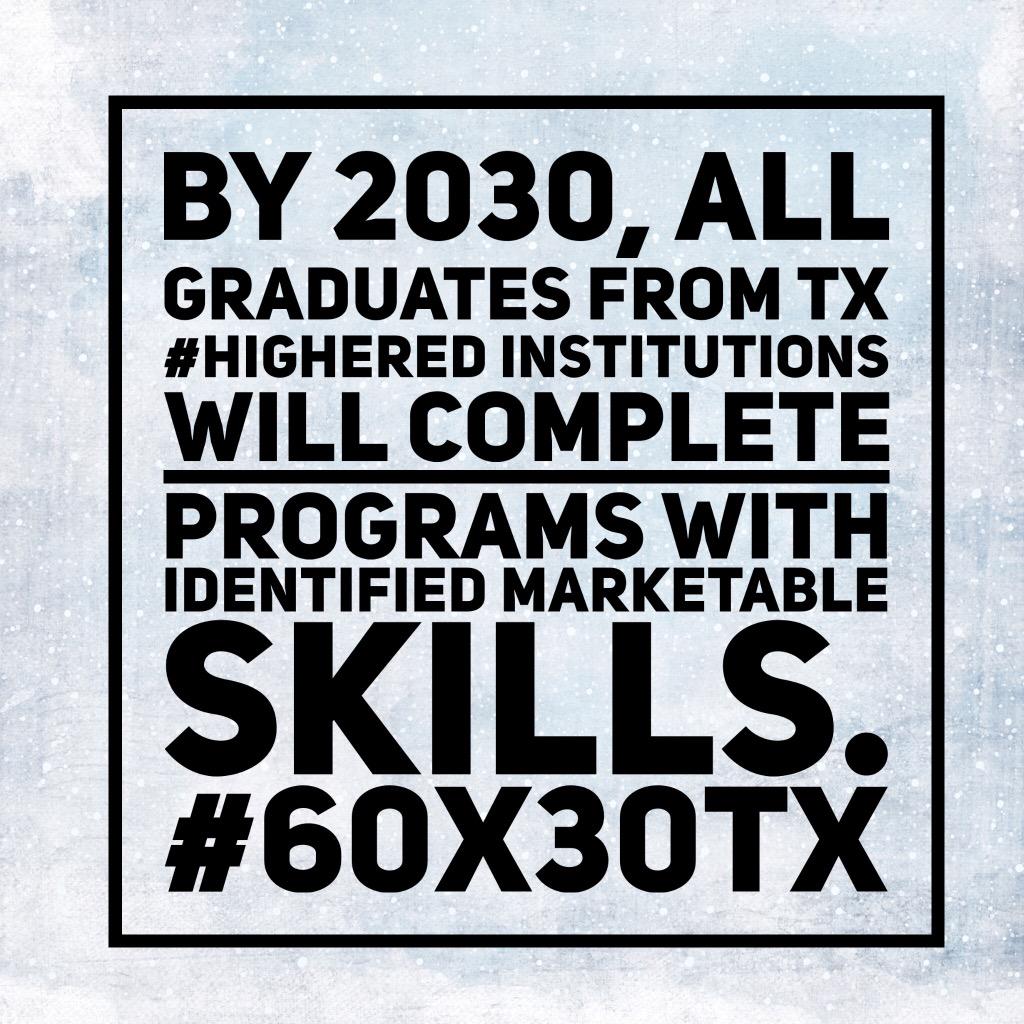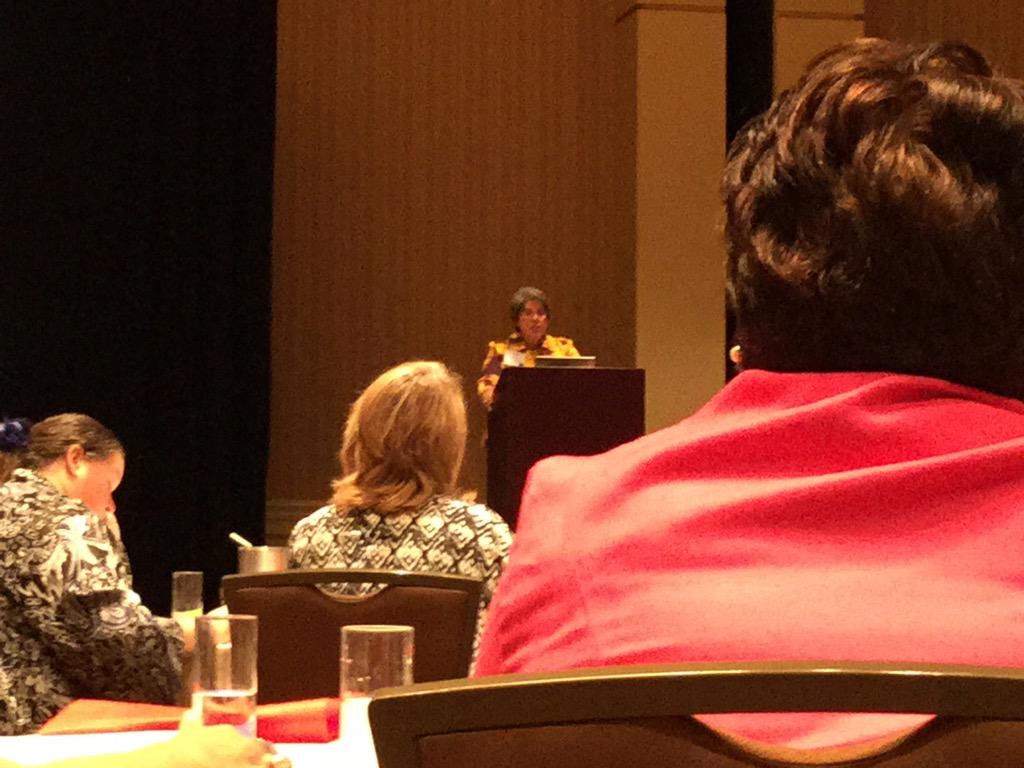If you are interested in higher education assessment, this is a great resource for you. This webinar is sponsored by Association for the Assessment of Learning in Higher Education (AAHLE).
October 16, 2015
Presented by: Matthew Fuller, Ph.D. Sam Houston State University
Abstract: Through books, articles, and presentations, assessment scholars have advocated specific practices to gain faculty support and “buy in” for assessment. Tying assessment practices to tenure and promotions policies, engaging faculty in early and frequent dialogue, and developing assessments that are associated with what faculty value are a few examples of recommended efforts. However, very few studies have actually asked faculty what they believe about assessment and fundamental perspectives on their institution’s culture of assessment.
The Faculty Survey of Assessment Culture is a nation-wide, annual survey of faculty members’ perspectives on their institution’s cultures of assessment. The instrument is meant to explore the extent to which institutions exhibit elements of culture of compliance, fear, or generative support for assessment in faculty members’ perspectives. The survey identifies several factors
(1) Faculty perceptions,
(2) Use of Data,
(3) Sharing Data,
(4) Compliance or Fear Factors, and
(5) Normative Purposes of Assessment as well as
(6) higher-order factors of (a) a culture of assessment, and (b) leadership strategies for assessment that have been identified and measured through this 5 year research effort .
Much has been learned about faculty perceptions and, through a parallel study of administrators . And similarities and differences between administrators and faculty have been identified.
(Information Shared from the AALHE Listserv)
Sincerely,
Dr. Jennifer T. Edwards
- Twitter/Instagram -
@drjtedwards
-
http://www.facebook.com/millennialprofessor/
- drjtedwards at gmail.com




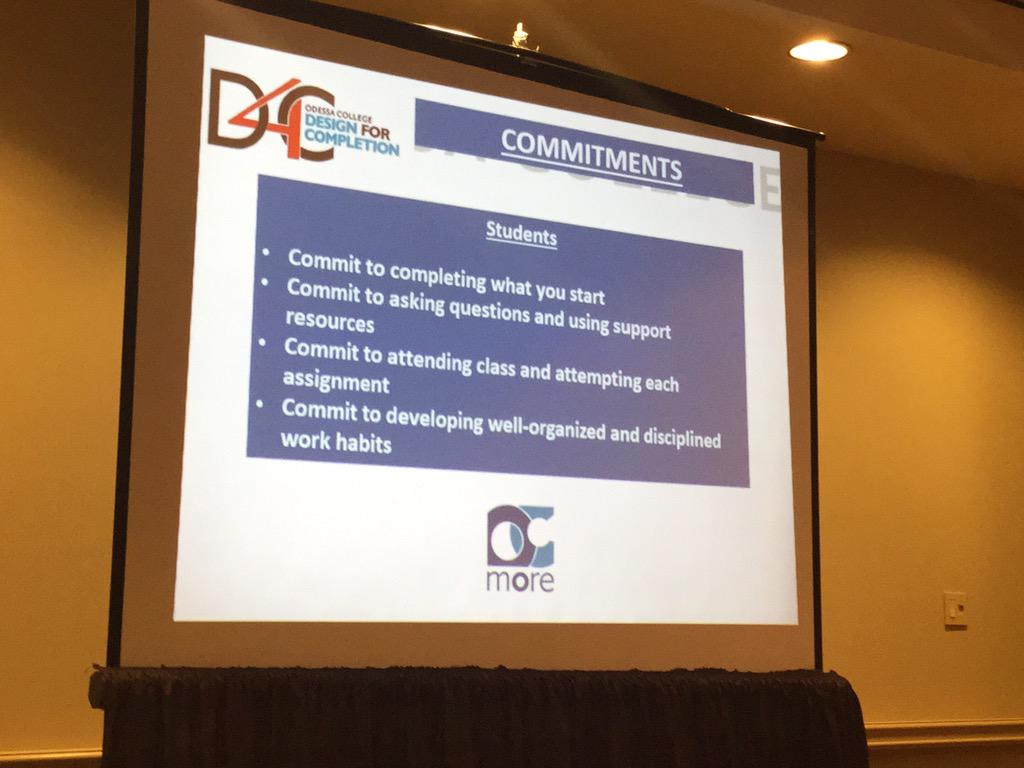
 Dr. Jennifer Edwards
Dr. Jennifer Edwards 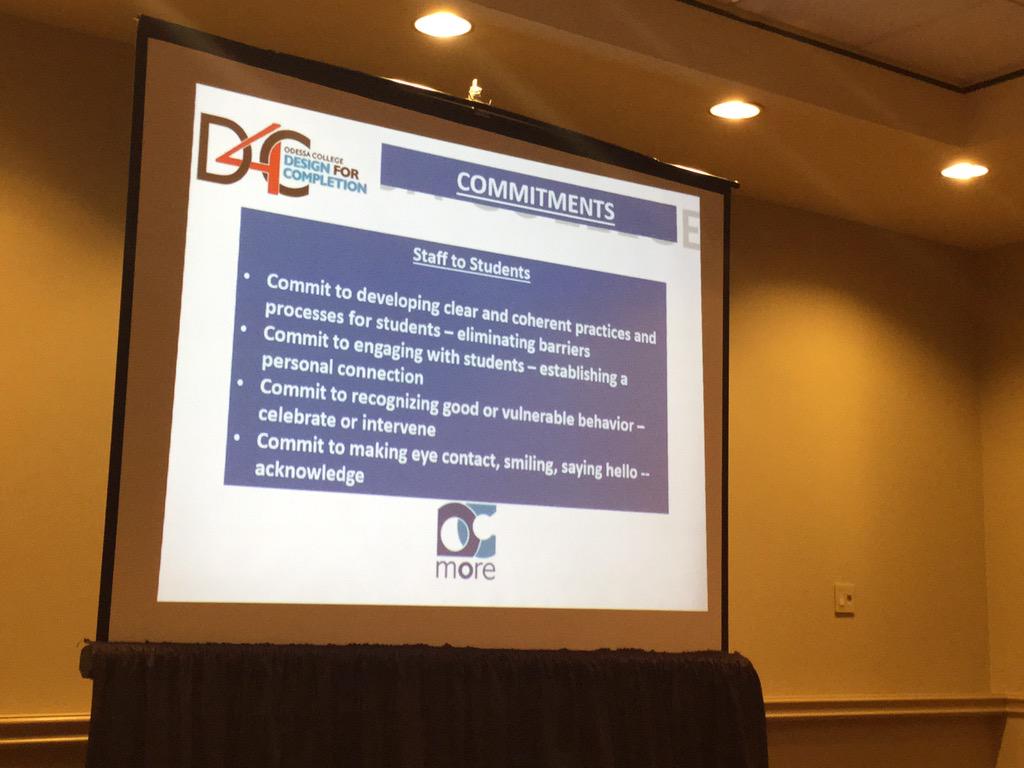
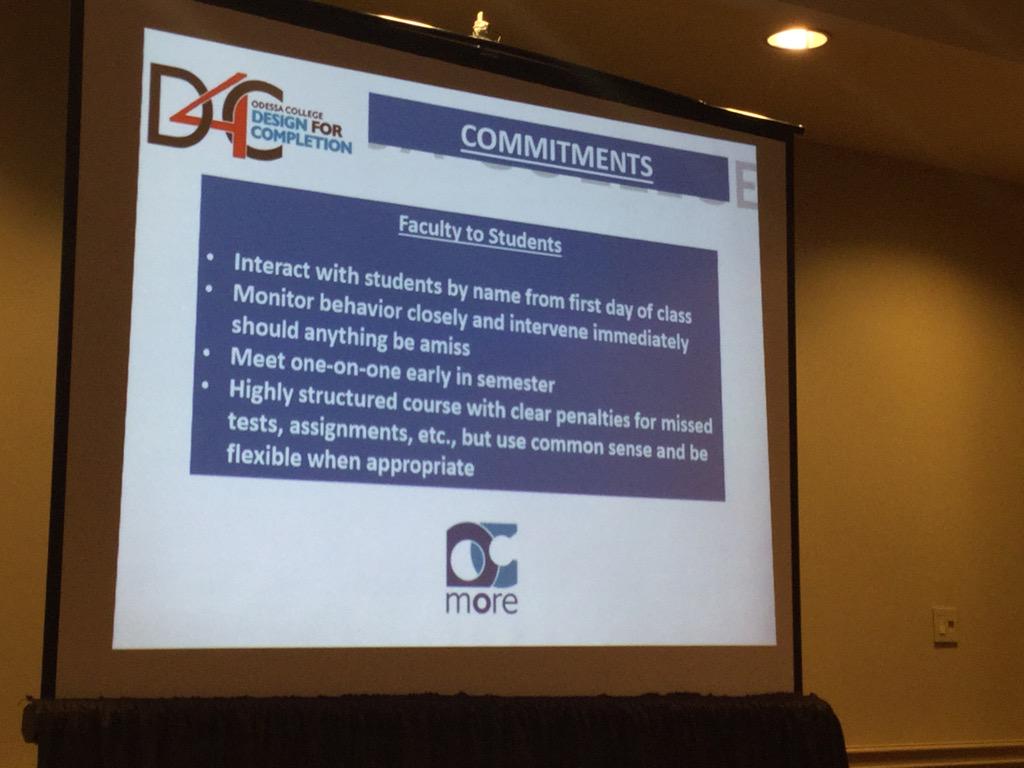
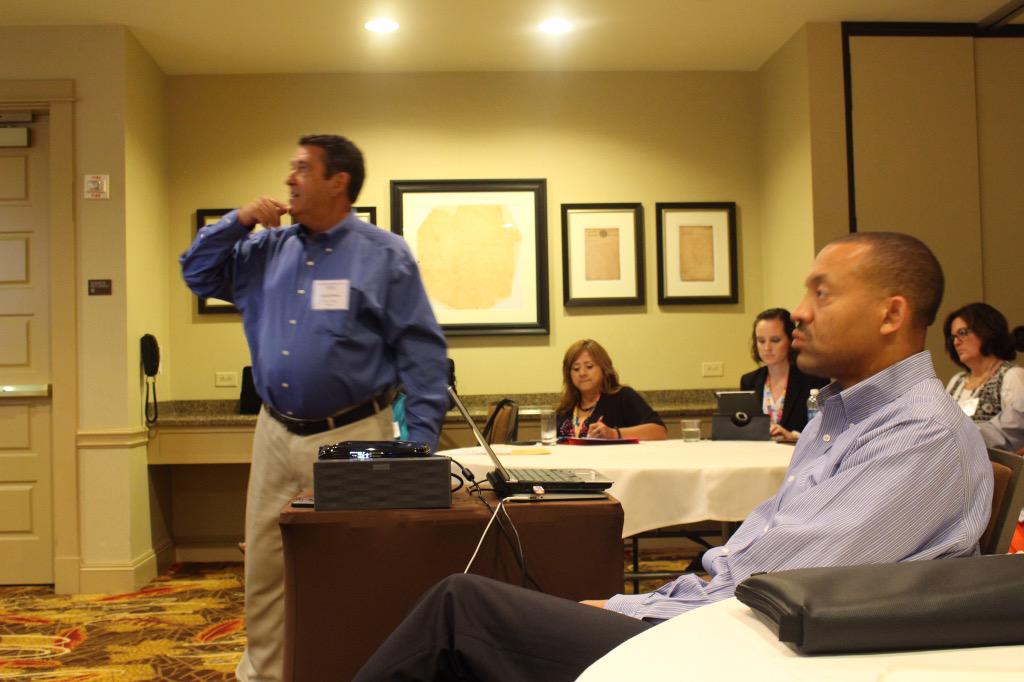
 TX CCR Network
TX CCR Network 
